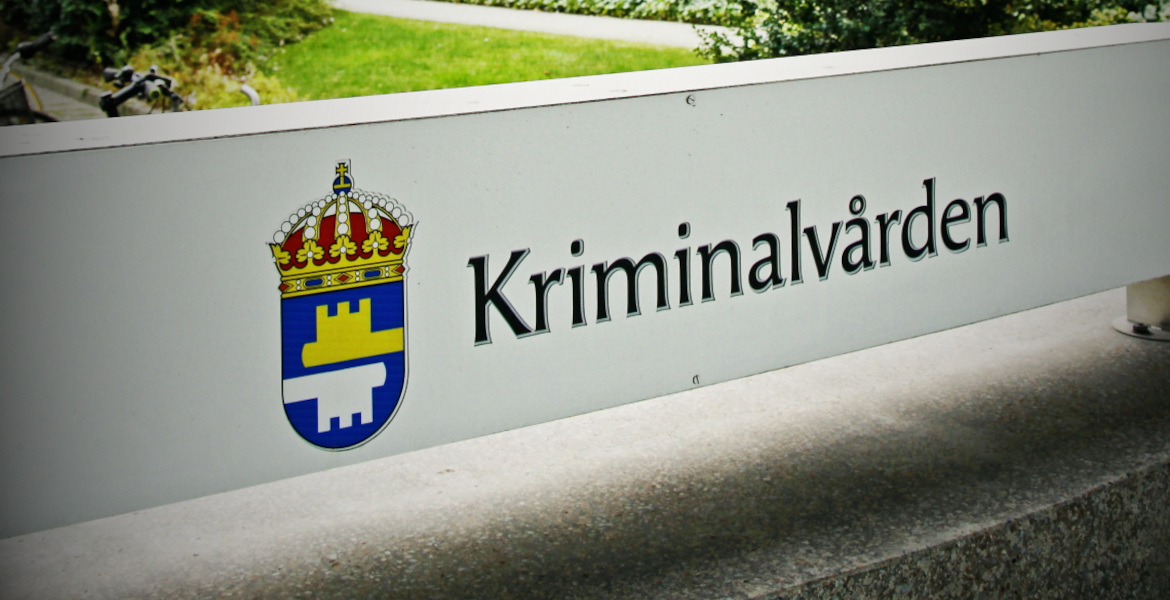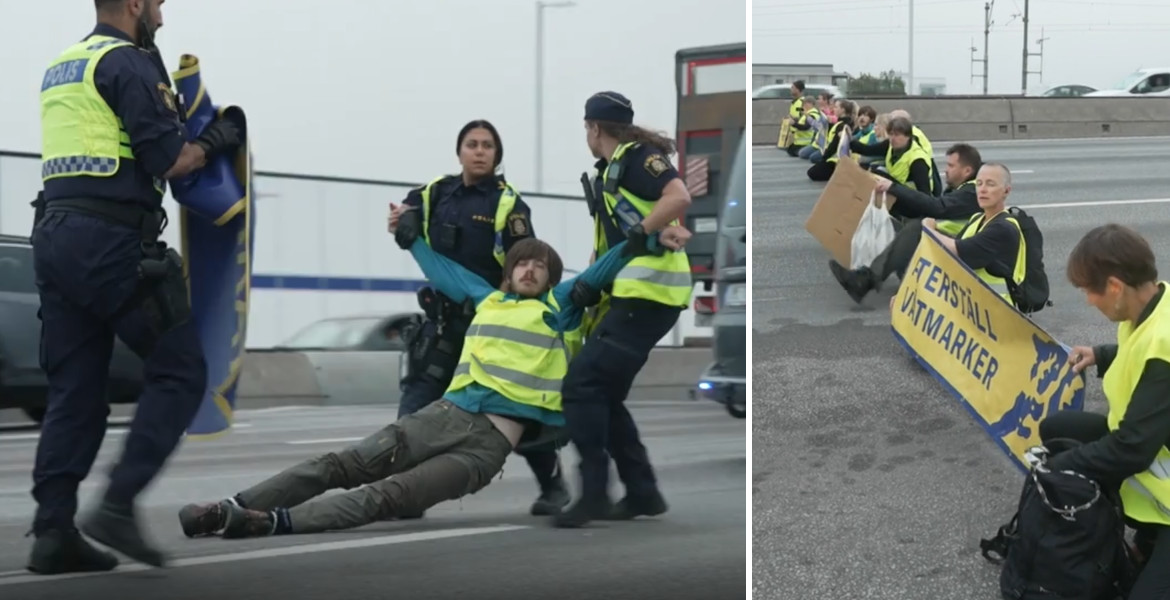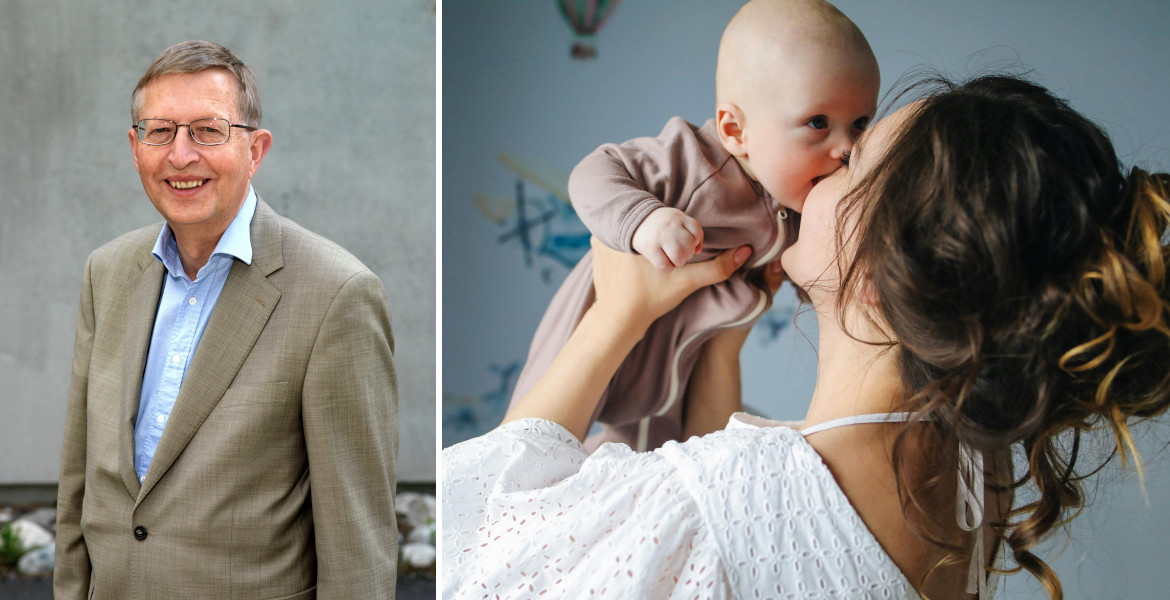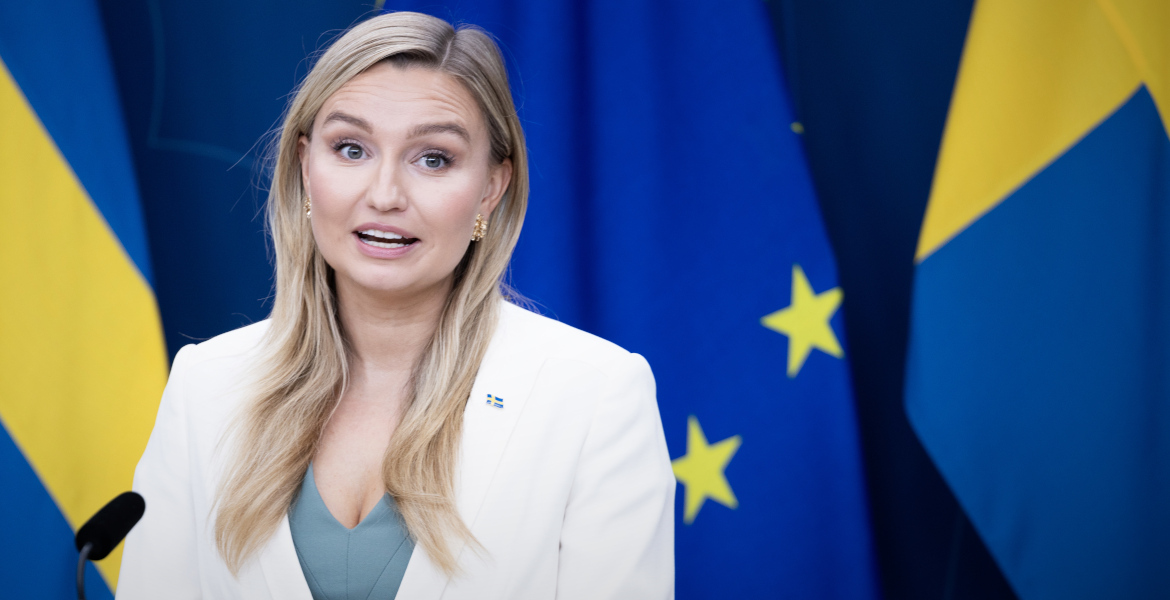When it comes to legislation on AI-generated pornography, Denmark is way ahead, while Sweden and Norway are criticized for lagging behind, according to a new report.
The Swedish Women’s Lobby, together with the Icelandic women’s shelter Stígamót and the Norwegian Women’s Front, has compiled a report on the current state of laws on pornography in Sweden, Norway, Denmark, Finland and Iceland. The aim of the report is described as “preventing the harmful effects of online pornography”.
AI-generated pornography is becoming more common and there will be more warnings about material involving children.
Iceland and Denmark currently have laws that explicitly prohibit the offensive distribution of AI-generated pornography. Finland also has laws covering this area, but they are criticized for being unclear.
Among the Nordic countries, Sweden, for example, prohibits the distribution of sexual violence and so-called “revenge porn”, i.e. offensive sex films, but the report’s authors believe that Sweden, along with Norway, needs more explicit legal regulation of specifically AI-generated pornography to create clearer case law.
– It should also be clarified that AI-generated films are also covered by the law, says Clara Berglund, Secretary General of the Swedish Women’s Lobby.








